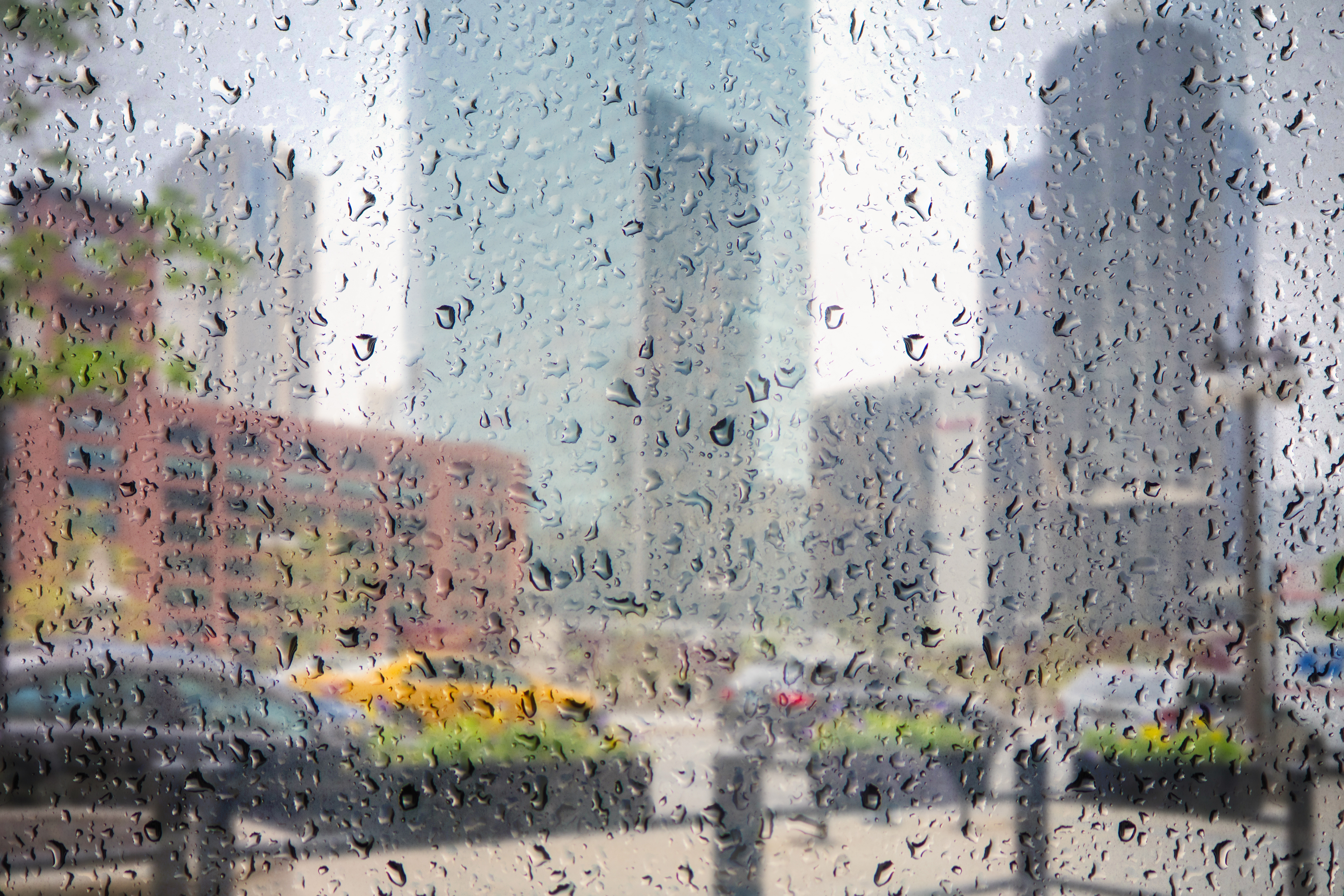For most people, Thanksgiving is all about food and eating, but it's no holiday for those who suffer from eating disorders.
Brittany Findlan plans to get her doctorate in counseling one day, but the 25-year-old has had a lot of experience sitting in the patient's chair. For the last two years, she's come to the Insight Behavioral Health Center to receive treatment for an eating disorder that started more than a decade ago.
She says the holidays are among the worst times, because there's food and family everywhere.
"You may not be able to control what a family member says to you that's hurtful, but you can control what you're eating, you can control how much you eat," Findlan says.
Findlan's psychologist, Ashley Solomon says there can be a flip side, because the holidays may also be when family and friends can really observe someone who might be struggling with bulimia or anorexia.
"Notice if the person seems to be more anxious, if they tend to be eating less than what they would normally see them eating, if they tend to be more picky about what they choose to eat, or on the other end of the spectrum, if they seem to be eating a lot," Solomon said.
Experts say that this time of year, anorexics and bulimics may also turn to web sites which offer tips on starving yourself, or purging.
Local
Findlan had a purging problem, and she says she did it so much that at one point she lost her gag reflex.
"I would have Thanksgiving dinner, but there was no way I was going to keep it down," Findlan said.
Brittany's bulimia is now under control, but she's talking about it because she says she understands how hard it is for people with eating disorders to accept that they need help.
Her doctor says that's why the person who needs to reach out first, may the family member across the holiday table.
"Really having a private one-on-one conversation is going to be important," Solomon said.



